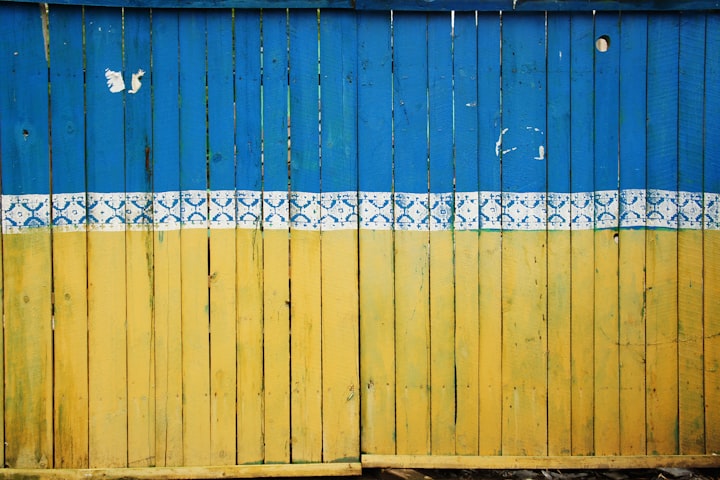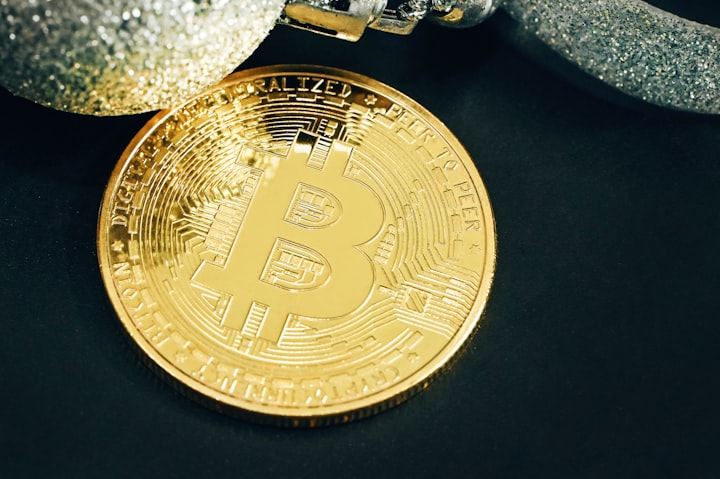What I Wish Everyone Knew About Ukraine Dilemma: Ukraine Dilemma
The glimpse of Ukraine Dilemma everyone must need to know

The Russian president took office on December 31, 1999, while the globe waited for computers to crash as the clock struck midnight, unable to complete the transition from 1999 to 2000.
Putin has spent the last two decades attempting to produce a different form of global system failure, the disintegration of the liberal international order. The former KGB spymaster desired to resurrect Russia's tsarist majesty and to reestablish the Soviet Union's might and menace prior to its disintegration in 1991.
Putin came to power during a period of Western arrogance. The End of History thesis of Francis Fukuyama, heralding the victory of liberal democracy.
Some economists even advocate the abolition of recessions, owing in part to the new digital economy's productivity improvements. It was also assumed that globalization, and the interconnectedness it engendered, would put an end to great economic powers' fighting wars. The same utopianism was connected to the internet, which was widely regarded as a force for the good of the world.
Early on, the same mistaken optimism and wishful thinking shaped the West's response to Putin-a figure, it is now clear, who was attempting to defy history and impede democratization, despite the fact many lives were sacrificed in the war
Successive US administrations have aided and abetted him. This public grievance was given by Bill Clinton, who was in the White House when Putin took office and pressed for NATO expansion all the way to Russia's borders.

George W. Bush misunderstood his Russian rival entirely. "I stared the man in the eye," Bush famously stated following their first meeting in Slovenia in 2001. I found him very honest. I was able to sense his spirit." Bush erroneously believed he could engage Putin in a charm offensive and gently coax him farther down the democratic path.
Despite the fact that Bush visited Russia more than any other country, including two trips to Putin's home city of St Petersburg as a personal favor in 2002, the Russian leader was already demonstrating potentially autocratic tendencies.
In 2008, Putin invaded Georgia in Bush's final year in office, in what he called a "peace enforcement operation." The Kremlin maintained at the time and has continued to argue since, that Washington was disingenuous in complaining about this violation of international law after Bush had invaded Iraq.
Barack Obama attempted to recast US-Russia ties. Hillary Clinton, his first secretary of state, even offered her Russian colleague, Sergey Lavrov, a dummy reset button (which was mistakenly labeled with the Russian word for "overloaded"). But Putin was well aware that America, following its lengthy wars in Afghanistan and Iraq, no longer desired to regulate the world.
When Obama refused to carry out his red-line warning against Syrian tyrant Bashar al-Assad in 2013, after the Syrian ruler used chemical weapons on his own people, Putin saw a green light. By assisting Assad in carrying out his deadly campaign, he expanded Moscow's area of influence in the Middle East at a time when the US sought to withdraw from the region. He annexed Crimea the next year and gained a foothold in eastern Ukraine.
Despite Obama's orders to "cut it out," Putin attempted to influence the outcome of the 2016 presidential election in the hope that Hillary Clinton, a long-time adversary, would be defeated and Donald Trump, a long-time fanboy, would win.
The billionaire real estate developer from New York made no secret of his admiration for Putin, a sycophantic approach that appears to have emboldened the Russian president. Much to Moscow's satisfaction, Trump publicly chastised Nato, damaged the US post-war alliance system, and became such a divisive figure that he left America more politically split than at any time since the Civil War.
To find a US leader whose attitude toward the Kremlin has endured the test of time, you may have to go back 30 years. Following the fall of the Berlin Wall, George Herbert Walker Bush resisted the desire to celebrate America's Cold War victory, much to the surprise of the White House press corps. He refused to travel to Berlin for a victory celebration.
Putin is clearly a more formidable foe and more difficult to deal with than even the Soviet premiers during the Cuban Missile Crisis, Leonid Brezhnev and Nikita Khrushchev. However, no US president has fully had his measure since the turn of the century.
Joe Biden, like George H.W. Bush, is a Cold War warrior who has devoted his presidency to preserving democracy both at home and abroad. Seeking to re-establish America's traditional postwar role as the leader of the free world, he has pushed to mobilize the international community, provided military aid to Ukraine, and implemented the most stringent sanctions system ever imposed on Putin.
As Russian forces gathered at the border, he released US intelligence indicating that Putin had decided to invade, in tactics designed to disrupt the Kremlin's normal deception and false flag operations.
What has stood out since the Russian assault began, however, is the assertion of strong presidential authority from abroad. Volodymyr Zelensky has been praised and lionized for his astonishing personal journey from comedian to Churchillian giant.
President at the moment-- Zelensky
Ursula von der Leyen, President of the European Commission, has also been a strong presence in Brussels. This former German lawmaker was a leading force behind the decision to finance and purchase weaponry for a nation under assault for the first time in EU history, a commitment that includes not only ammunition but even fighter jets.
Olaf Scholz, Germany's new Chancellor, has likewise demonstrated greater resolve in dealing with Putin than his predecessor, Angela Merkel. He has shattered decades of post-Cold War German foreign policy, which was typically based on caution and cowardice toward Russia's leader.
Berlin has provided anti-tank and anti-aircraft equipment to Ukraine, suspended the Nord Stream 2 Baltic Sea gas pipeline project, removed its objection to banning Russia from the SWIFT international payments system, and even promised to invest 2% of GDP in defense.
War Impact On Germany
The most devastating attack on a European state since World War II has hardened European resolve. But so, it appears, has America's relative weakness. Given the failed US exit from Afghanistan and the likelihood of a Trump 2.0 presidency, European leaders appear to have realized that they can no longer rely on Washington to safeguard democracy in this hour of greatest peril. In this crisis, the leadership of the free world has become a shared endeavor.
Even after the Cold War's end, Washington has urged European states to do more to police their own borders, something they failed to do when the disintegration of the former Yugoslavia precipitated the Bosnian war.
Ukraine's valiant will, combined with the worry that Europe's post-war stability is in jeopardy, is what will finally bring this about.
It would be stupid to get swept away by Zelensky's romanticism or to succumb to the dopamine high of seeing the seizure of Russian-owned superyachts unfold on social media. Putin is escalating the conflict. However, the last week has sent a message to Moscow--and to Beijing--that the post-war international order is still in place, despite the deployment of the Russian military machine to bring it down. Similarly, just as history has never come to an end, neither has liberal democracy.
About the Creator
Subham Rai
Just trying to write and discover myself through writing. On my way to write and live to the fullest.





Comments
There are no comments for this story
Be the first to respond and start the conversation.